20 Loathed Historical Figures Who Were More Noble Than You Think
They Were Just Misunderstood
Your middle school history teacher probably made you memorize a list of historical villains, but those lessons might be missing some pretty important details. Turns out some of the most despised figures in history did remarkable things that never made it to the standard curriculum. Their complex personalities had goodness that got overshadowed by the controversies. So, here's a look at the noble side of history's most hated characters that nobody talks about.
1. Marie Antoinette
Though she's blamed for saying, "Let them eat cake," historians found no record of Marie uttering those words. In reality, she supported peasant aid and even proposed court spending cuts. Her charity work rarely made headlines, but it reveals a queen far more complex than rumor allows.
 After Jean-Baptiste André Gautier-Dagoty on Wikimedia
After Jean-Baptiste André Gautier-Dagoty on Wikimedia
2. Nero
As Rome smoldered after the great fire, Nero offered refuge within imperial walls and paid for reconstruction across affected districts. Grain became more accessible, and games filled the air with music and cheer. These efforts contrast sharply with the brutal legacy pinned to him.
 Adriaen Collaert / After Stradanus / Philip Galle on Wikimedia
Adriaen Collaert / After Stradanus / Philip Galle on Wikimedia
3. Emperor Caligula
The start of Caligula's rule was marked by purpose. Reforms rolled out, roads got attention, and slave protections gained ground. Then came a mental illness that many believed rewired him. With few friendly historians, his legacy remains built on shadows and hearsay.
4. Benedict Arnold
Before the betrayal ever happened, Benedict Arnold had already risked everything for American independence. His victories on the battlefield came with battle scars and personal sacrifice. When he felt abandoned and disrespected, his choices started shifting, shaped by more than just ego.
5. Catherine de Medici
Amid political storms, Catherine poured her energy into culture. She commissioned grand buildings, backed talented artists, and offered space for poets to thrive. While some pinned violence on her, she spent much of her rule trying to raise beauty above chaos.
 Attributed to Germain Le Mannier on Wikimedia
Attributed to Germain Le Mannier on Wikimedia
6. Richard III Of England
Beyond the twisted legends, Richard's reign introduced some surprisingly modern ideas. He made legal changes that benefited common people and pushed for fairer treatment in court. Whether or not he was behind the princes' disappearance, his good deeds deserve a mention.
7. Cesare Borgia
The power plays were brutal, sure, but Cesare had a vision. He crushed corruption and rewarded competence over bloodlines. Renaissance political thinker Niccolò Machiavelli didn't admire cruelty for its own sake, but he acknowledged how Cesare brought structure when chaos ruled.
8. Grigori Yefimovich Rasputin
No matter how wild the rumors got, Rasputin's connection to the Tsarevich stayed real. His healing approach of mixing prayer and presence eased Alexei's suffering again and again. While nobles sneered, peasants saw a man trying to keep a child alive.
 Unknown authorUnknown author on Wikimedia
Unknown authorUnknown author on Wikimedia
9. Niccolo Machiavelli
Beneath the misunderstood legacy of his book, The Prince, was someone who craved balance and order. Machiavelli studied power, but his heart stayed loyal to republican ideals. His work wasn't encouragement—it was observation, shaped by a messy political world he couldn't ignore.
 Ridolfo del Ghirlandaio on Wikimedia
Ridolfo del Ghirlandaio on Wikimedia
10. Henry VIII Of England
His marriages stole the spotlight, but most people don't know that Henry quietly invested in minds. He opened grammar schools and encouraged scholarship during the Reformation. So, behind all those bold decisions stood a ruler who left a cultural footprint beyond the throne.
 Hans Holbein the Younger on Wikimedia
Hans Holbein the Younger on Wikimedia
11. Genghis Khan
Genghis brought tribes together through law and strategy. He welcomed all faiths and allowed ideas to travel freely across his vast network. Much of what's believed today came from the pens of those who feared his success.
 Unknown authorUnknown author on Wikimedia
Unknown authorUnknown author on Wikimedia
12. Thomas Cromwell
While power plays shaped how he's remembered, Cromwell quietly backed reform. He helped bring the Bible into English and expanded education beyond elite circles. His fall was driven more by political rivalry than by cruelty.
 Hans Holbein the Younger on Wikimedia
Hans Holbein the Younger on Wikimedia
13. Mary I Of England
History painted her in harsh tones, yet her reign held moments of compassion. She worked to mend religious divides and funded welfare programs. Beneath the distorted royal image, there was a woman shaped by grief and spiritual devotion.
 After Antonis Mor on Wikimedia
After Antonis Mor on Wikimedia
14. Empress Dowager Cixi
Change came through Cixi's unexpected transportation channels. She championed railroads and education while pushing back against foot-binding. Though reformers challenged her, much of China's modernization moved forward under her careful control.
 Yu Xunling (court photographer). on Wikimedia
Yu Xunling (court photographer). on Wikimedia
15. Saladin (Ṣalāḥ ad-Dīn Yūsuf ibn Ayyūb)
Rather than rule through vengeance, Saladin earned respect through fairness. Captured Crusaders were treated with care, and Jerusalem's return was peaceful. His leadership united fractured factions. Even opponents couldn't ignore the grace in his victories.
 Cristofano dell'Altissimo on Wikimedia
Cristofano dell'Altissimo on Wikimedia
16. Oliver Cromwell
Seen by some as a tyrant and others as a reformer, Cromwell led England through civil war into a short-lived republic. His rule brought order. He abolished the monarchy and advanced religious freedom for Jews. Centuries later, debate over his legacy still rages.
 After Samuel Cooper on Wikimedia
After Samuel Cooper on Wikimedia
17. Tiberius
The throne never pulled him in—it was pushed onto him. Tiberius led the Roman Empire with fairness and calm, then withdrew into seclusion as betrayals deepened. Much of what's known today came from records shaped by his rivals.
 J. Paul Getty Museum on Wikimedia
J. Paul Getty Museum on Wikimedia
18. Aaron Burr
The 1804 duel that killed Alexander Hamilton made Burr infamous—but as vice president, he supported women's legal rights, welcomed newcomers through policy, and backed abolition in New York. His ideals often faded behind the incident, though they shaped real progress.
19. Thomas Paine
Vilified for challenging organized religion, Paine died nearly forgotten. He ignited revolutions with words. Common Sense pushed Americans toward independence, while The Rights of Man defended the French Revolution. He condemned slavery and proposed income support for the poor.
 Auguste Millière / After George Romney / After William Sharp on Wikimedia
Auguste Millière / After George Romney / After William Sharp on Wikimedia
20. Jefferson Davis
Long before leading the Confederacy, Davis urged unity to avoid war. Yet when Mississippi seceded, he followed, becoming president of the Confederate States during the Civil War. After the defeat, he supported veterans and national healing. History remembers the war, but his legacy began before it.
KEEP ON READING
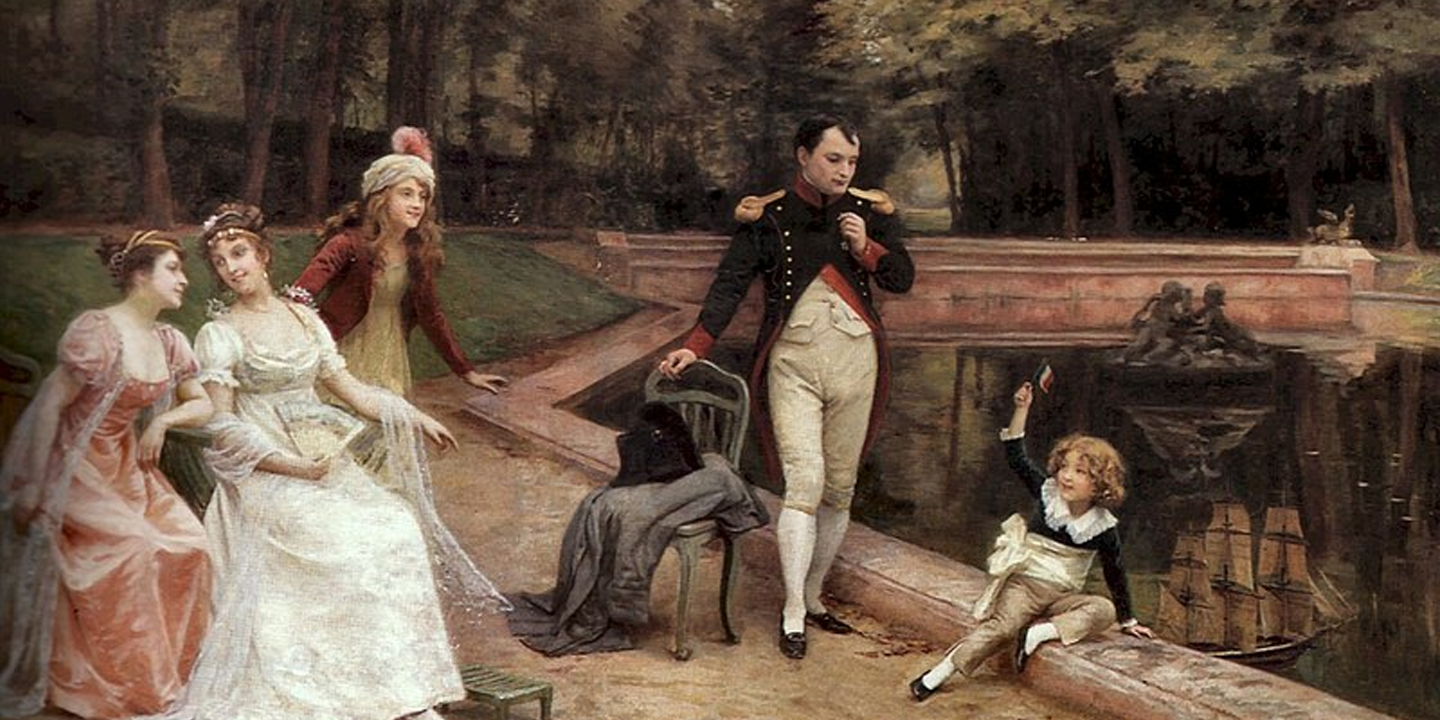
The 20 Most Recognized Historical Figures Of All Time
The Biggest Names In History. Although the Earth has been…
By Cathy Liu Oct 4, 2024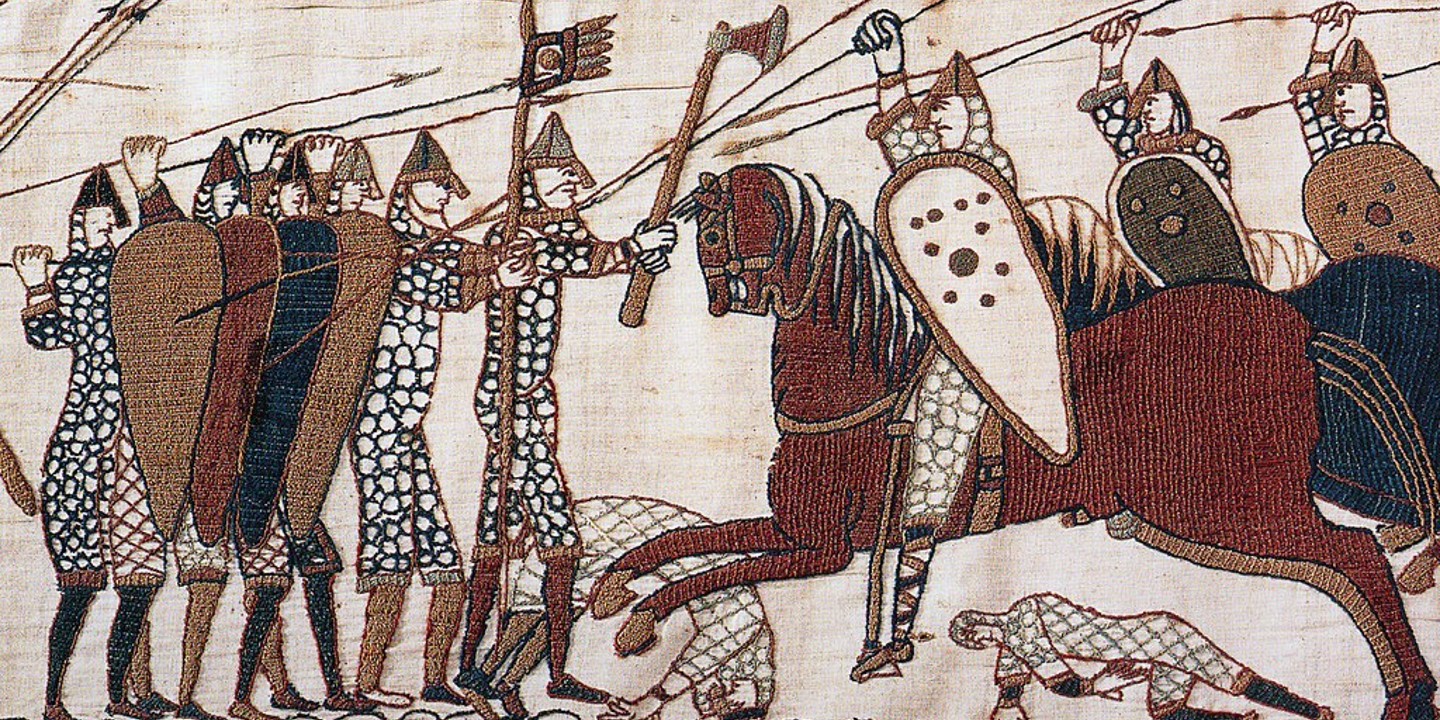
10 of the Shortest Wars in History & 10 of…
Wars: Longest and Shortest. Throughout history, wars have varied dramatically…
By Emilie Richardson-Dupuis Oct 7, 2024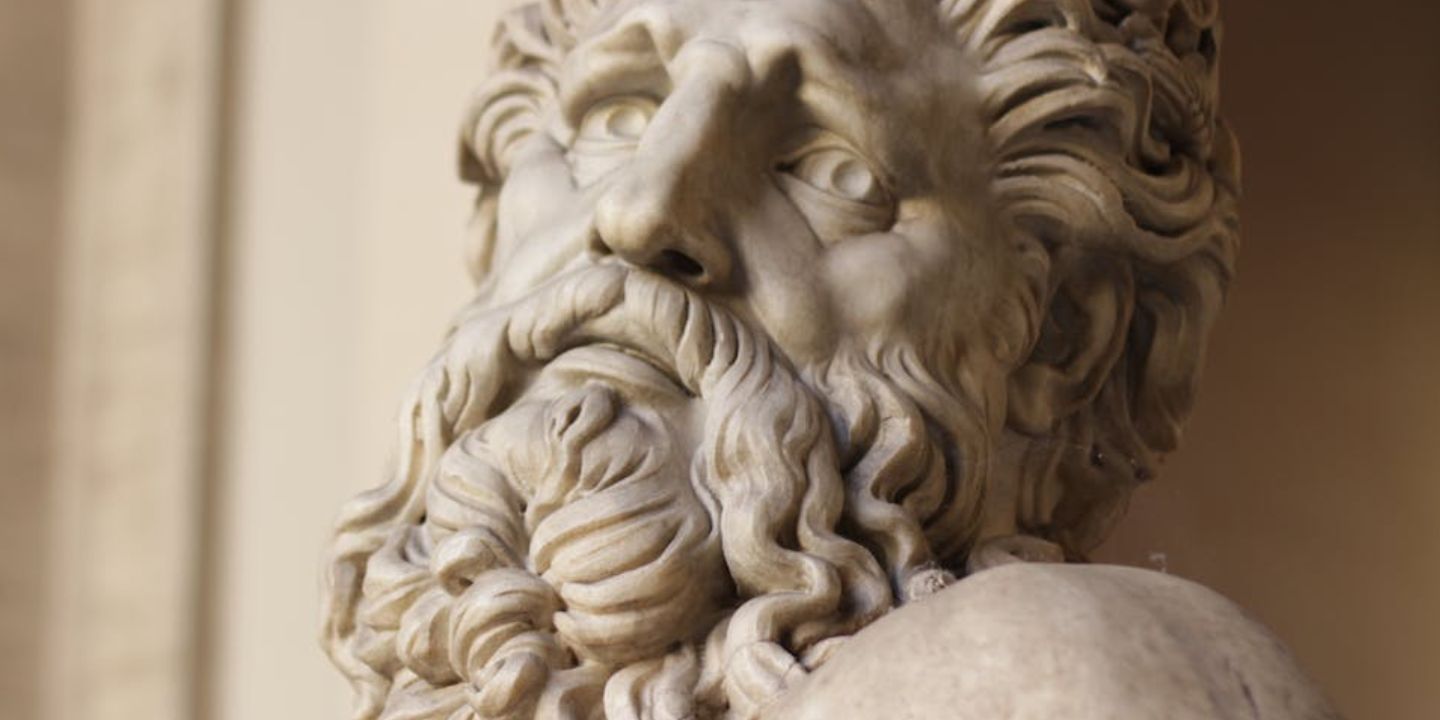
10 Fascinating Facts About Ancient Greece You Can Appreciate &…
Once Upon A Time Lived Some Ancient Weirdos.... Greece is…
By Megan Wickens Oct 7, 2024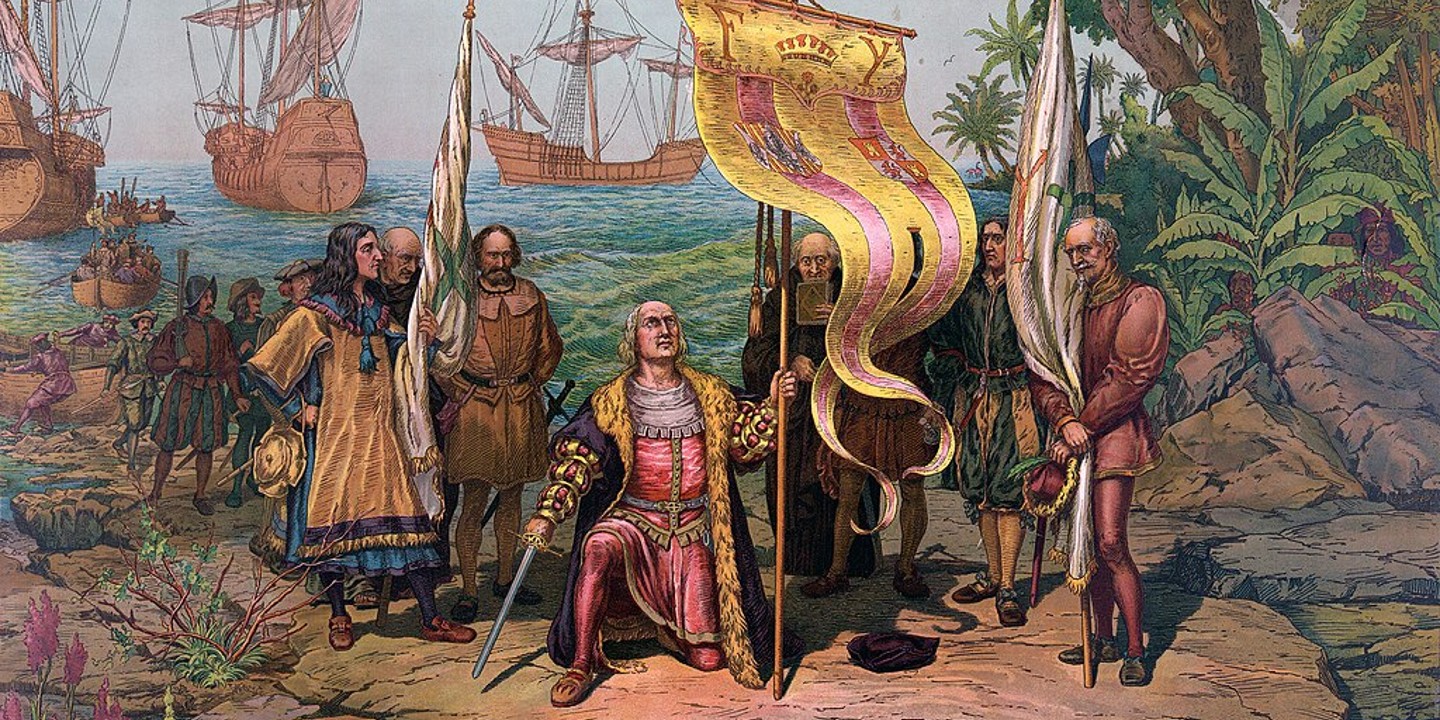
20 Lesser-Known Facts About Christopher Columbus You Don't Learn In…
In 1492, He Sailed The Ocean Blue. Christopher Columbus is…
By Emilie Richardson-Dupuis Oct 9, 2024
20 Historical Landmarks That Have The Craziest Conspiracy Theories
Unsolved Mysteries Of Ancient Places . When there's not enough evidence…
By Megan Wickens Oct 9, 2024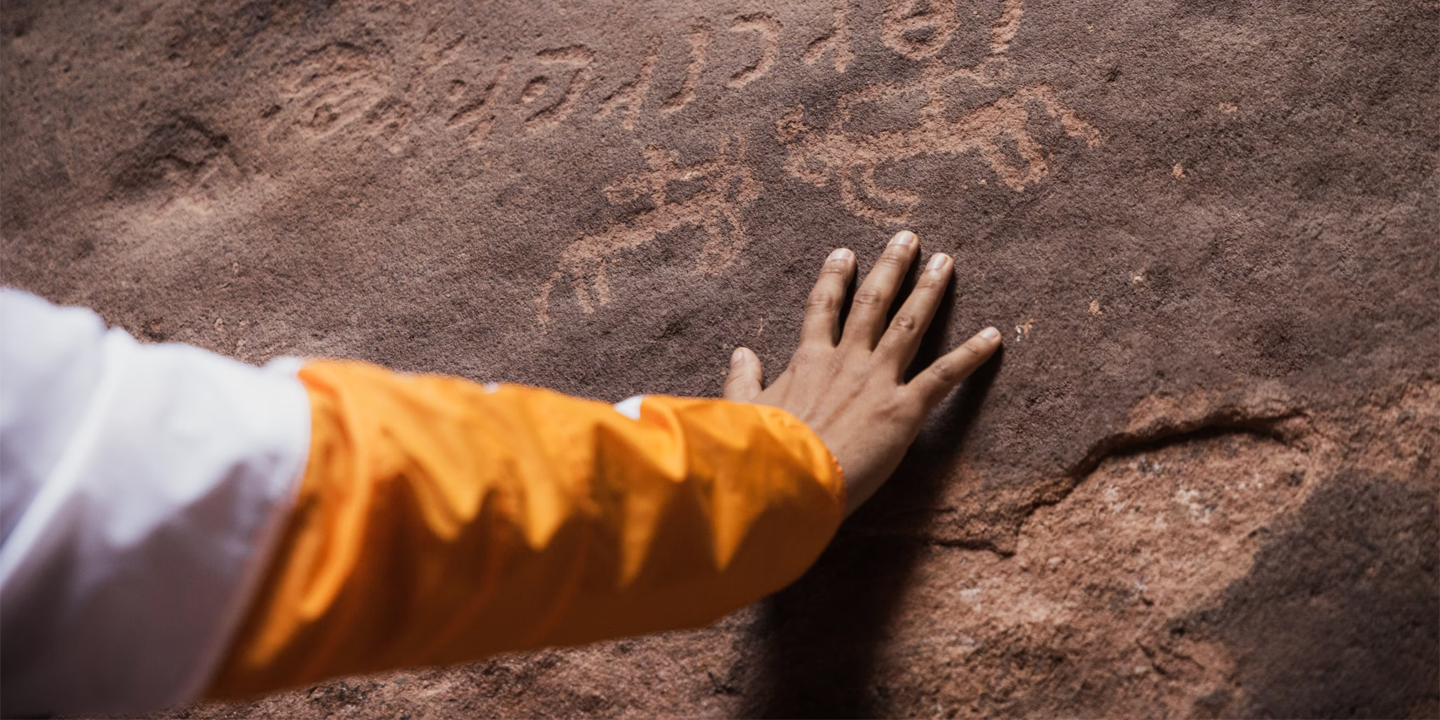
The 20 Craziest Inventions & Discoveries Made During Ancient Times
Crazy Ancient Inventions . While we're busy making big advancements in…
By Cathy Liu Oct 9, 2024







